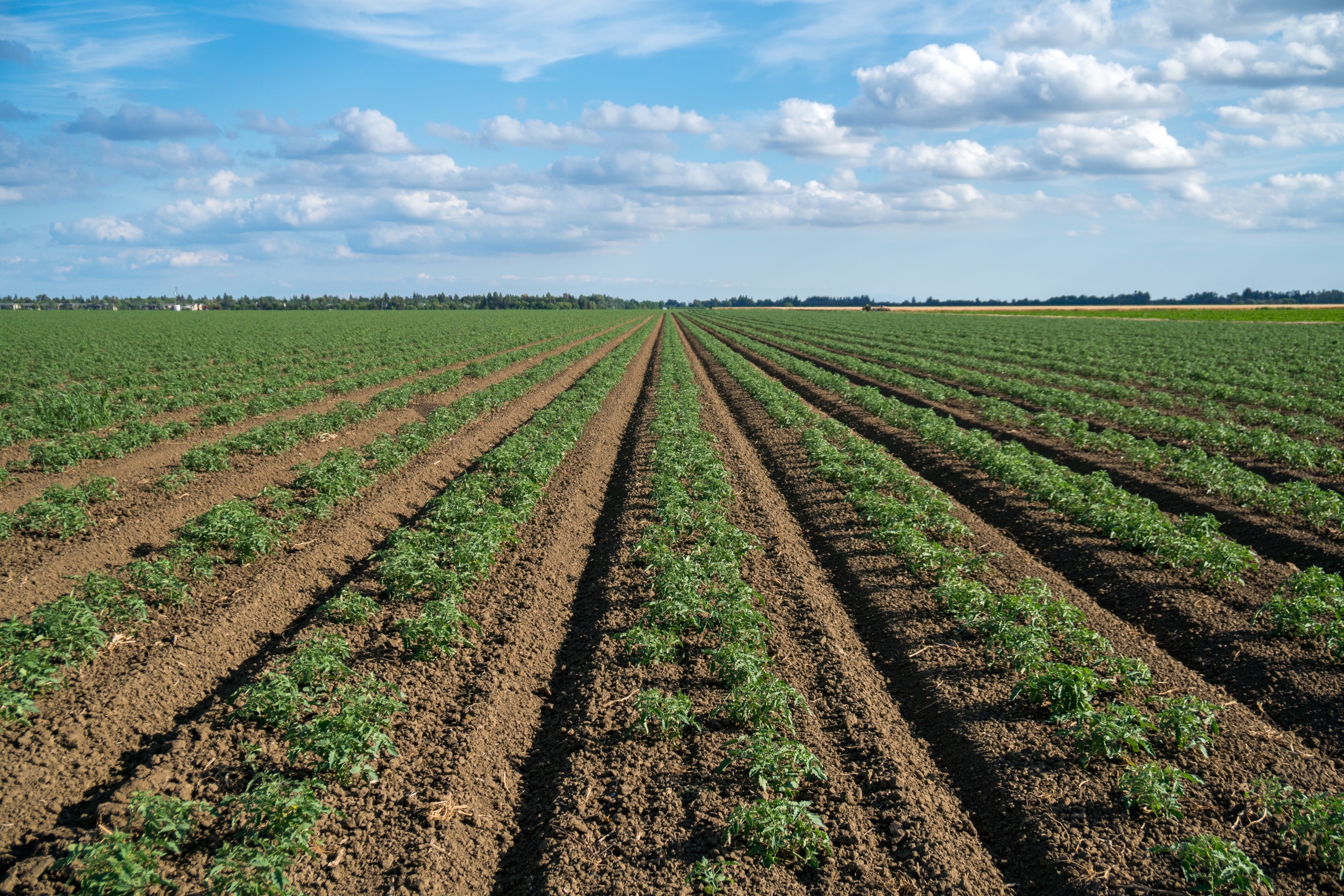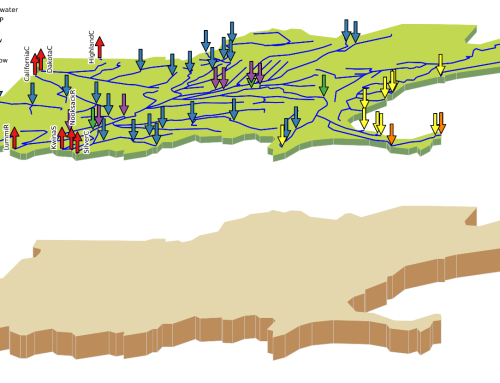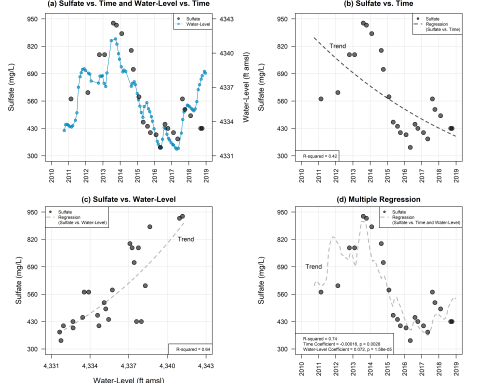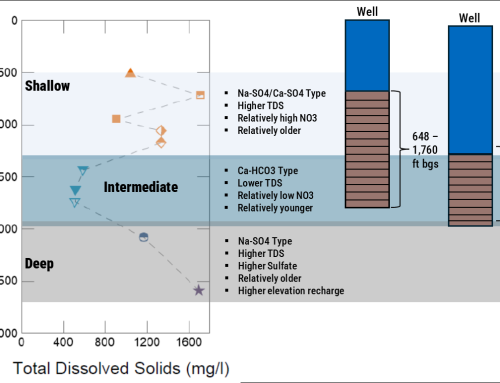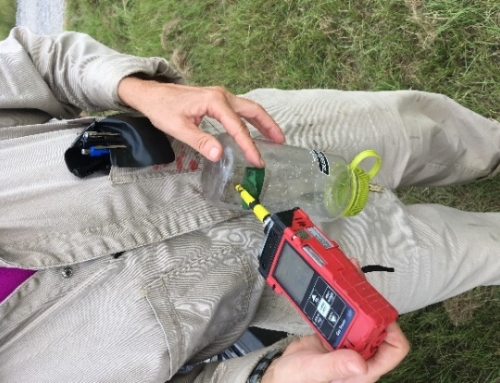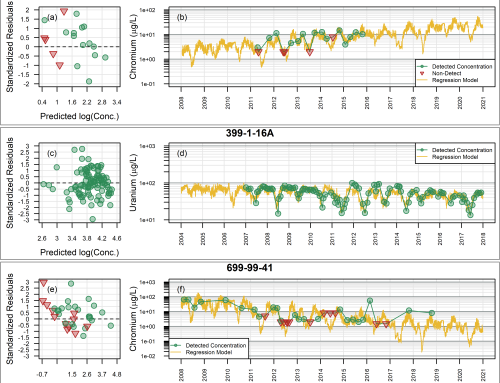Aquifer storage and recovery (ASR) is a water resource management strategy used in central California to make use of a source water such as spring snowmelt that flows in rivers and canals across the San Joaquin valley. The source water is typically pre-treated and pumped into aquifer units for later recovery. Potentially detrimental geochemical changes can occur from the injection of the source water into a receiving aquifer, such as the precipitation of mineral phases in pore spaces or the well screen, or leaching of naturally occurring metals from the aquifer matrix.
SSP&A performed a geochemical compatibility evaluation for an agricultural ASR project in Merced County, California. The project is in the pilot stage and uses treated surface water as the source water for injection into a confined aquifer. The injected water will be recovered from storage in the aquifer during the growing season for crop irrigation.
SSP&A performed geochemical modeling using the Geochemists Workbench software. The objective of the modeling task was to determine the likelihood of any adverse water quality impacts that might result from chemical reactions between the source water, native groundwater, and aquifer matrix. This included identifying the potential for clogging of the injection well screen or aquifer pore spaces because of mineral precipitation reactions.

